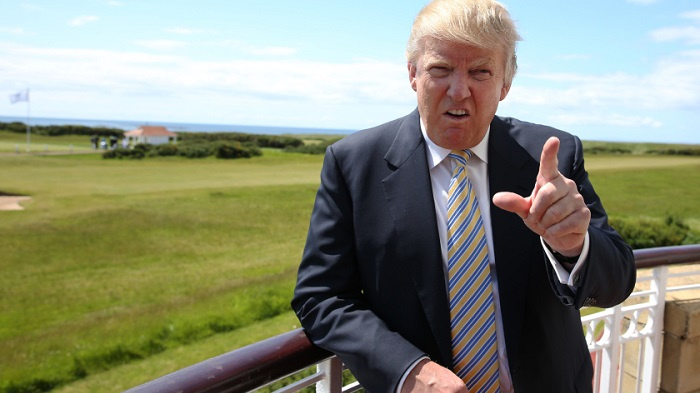Rejected by the elite, embraced by the public: Trump’s bumpy path to presidency

A billionaire who turned into the champion of the poor; a newcomer who imposed himself upon the Grand Old Party, becoming its candidate against the will of the top brass.
With every scandal exposed, one expected Trump’s popularity to wane. Instead, it flared up, out from the ballot boxes, to defeat Hillary Clinton.
Rejected by the elite and embraced by the public, Donald Trump is a non-conformist now at the helm of the United States. A rebel against American political system has now sat on its top; an opposition figure is now holding the power.
“How has the ‘system’ been working out for you and your family?” Trump asked in April this year, complaining that in Colorado, it was delegates, not the people, who had chosen the state’s preferred nominee behind closed doors. Neither a politician nor a part of the establishment, he asked: “Why should we trust the people who have made every wrong decision to substitute their will for America’s will in this presidential election?”
These were the words of a man who will carry the keys to the White House for the next four years. Some have called the November 8th election the rise of masses against the elite; a battle against the system and the politicians. But such arguments would hold true only when the elite, the system, the politicians and the parties were fulfilling their typical roles. What we are witnessing in the United States today is parties morphed into clans. The Bushes and the Clintons are treating the Republican and Democrat parties as family property, obstructing circulation of elite, hence turning partisan democracy into an oligarchic system.
Trump is indeed the unplanned child of Americans’ uprising against the eliticidal oligarchy in the United States. Every vote of ‘yes’ for Trump was a ‘no’ to the US political system. George Washington’s solemn warning about the perils of partisan entrenchment seems to have inspired voters in last Tuesday election: a candidate with only a few years of membership in the Republican Party imposed himself upon the system, riding the wave of popular discontent, and despite the will of the party’s treetops, former presidents, media and elite.
The shock after Trump’s election was the result of ignoring existing gaps in the American society; those gaps pushed to the top a candidate who had turned into a laughingstock for many. Although in his victory speech, Trump adopted a different tone than his campaign, a sign of realism gradually replacing fiery rhetoric, his promise “to bind the wounds of division” and to be a “President for all of Americans” underscores the existence of this gap. Trump’s ‘speech therapy’ can neither fill this gap, nor convince the political elite to unite behind him. If Trump is surrounded by neocons, a very likely possibility, a rough, radical image of United States will replace the conciliatory one portrayed by Trump in his victory speech, where he talked about “get[ting] along with all other nations willing to get along with us.”

